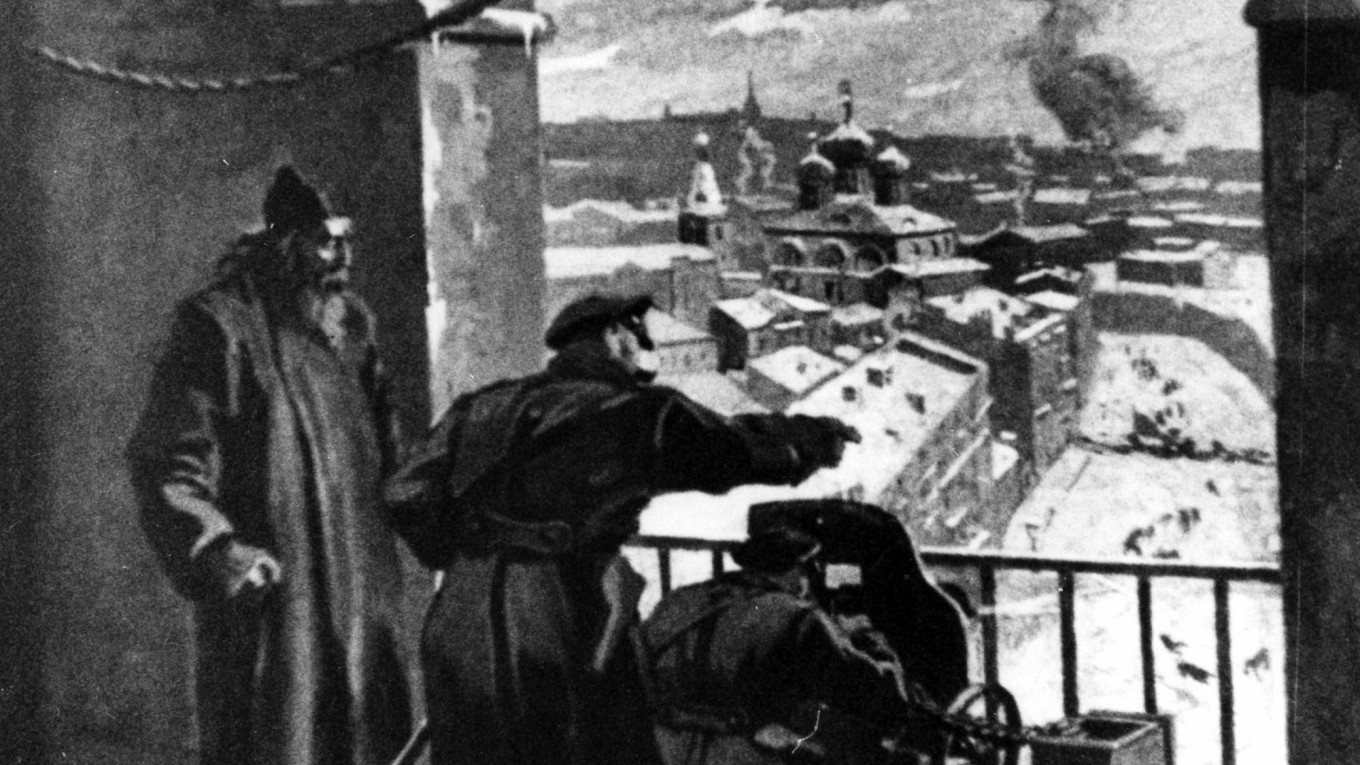This year marks 100 years since the Russian revolution, and Russian society is gearing up to commemorate it. One effort, known as Project1917, has reimagined the events of the era as they would be presented on modern social media platforms. The creators of the project have taken letters and diaries of prominent politicians, writers, artists and commoners and presented them as status updates, location check ins, and comments on social media posts. What makes the project stand out is that these posts are authentic — their content is drawn from real letters and diaries penned back in 1917, as well as a variety of other sources.
The Moscow Times is excited to team up with Project1917 to share some of the most compelling stories of 1917, as experienced by the people who lived through the year’s tumultuous events. In our first installment of this series, which takes place this week one hundred years ago, Tsar Nicholas II’s daughter slips and falls at a ball, the heels were too high for her size; famed arts patron Sergei Diaghilev found a “decent personal assistant” for Leon Bakst (the assistant was none other than Pablo Picasso); meanwhile, Leon Trotsky, living a comfortable life as an emigre in New York, finds himself aghast in the fast of racial discrimination in America.
1. Sophie Buxhoeveden, the Empress’s maid of honor, recounts a visit by Carol, the Romanian crown prince, to the court of Nicholas II. The young Romanian came to ask for the hand of one of the Tsar’s daughters, either Maria or Olga. The event was Maria’s first time going out and Sophie notes “she looks extremely pretty in her pale blue dress.”
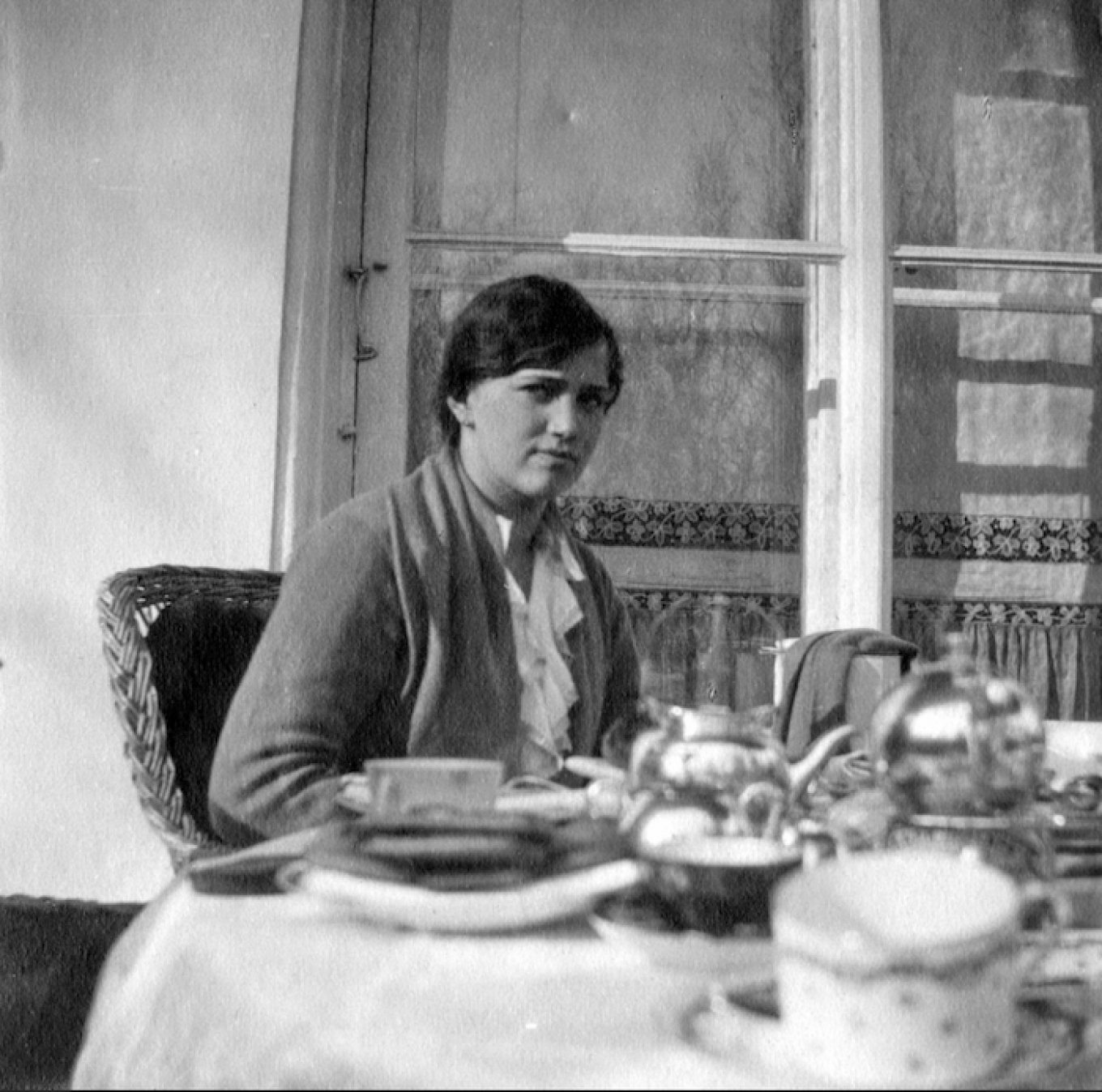
During this second stay a slight stir was caused at Court by the visit of the Crown Prince Carol of Roumania—his second visit to Russia. This was the last time a State dinner was given. It was marked by the first official appearance of the Grand Duchess Marie, the Emperor's third daughter. She looked extremely pretty in her pale blue dress, wearing the diamonds that her parents gave to each of their daughters on her sixteenth birthday. Poor child! she felt that the world was coming to an end and that she was disgraced in its eyes forever when she slipped in her new high-heeled shoes and fell down as she was entering the dining-hall, on the arm of a tall Grand Duke.
2. In January 1917, Empress Alexandra Fyodorovna had a popularity problem. Were she a public politician, her approval ratings would have been at an all-time low. She was hated by almost everyone for her alleged interference in state business, her German heritage, and for her role in blocking Nicholas II from carrying out long overdue reforms. In this post, the chairman of the Russian Parliament (Duma) begs Nicholas II to bar his wife from policymaking. Spoiler: he failed.
As you [Nicholas II] will have gleaned from my report, Your Highness, I believe the situation to be more perilous and critical than ever before. Sentiments across the country are such that we can expect the gravest of shocks. It is no secret that the Empress, acting in parallel with you, is issuing orders regarding the administration of the country, and that undesirables are quickly dismissed from their posts whenever she wills it – to be replaced by utterly unprepared individuals.
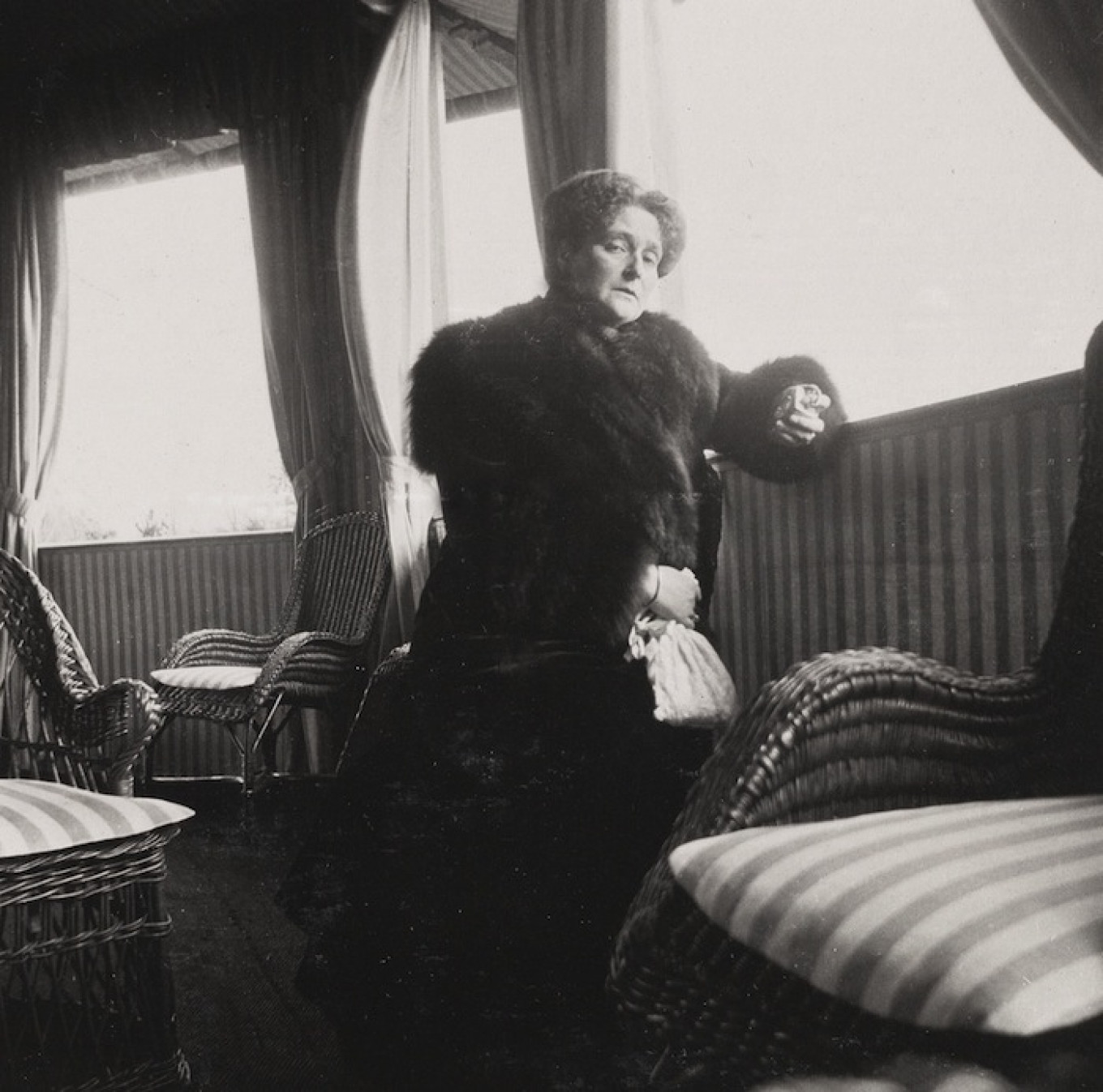
3. Sergei Diaghilev, a highly successful Russian ballet patron, has been living in Europe since the early 1900s. Today, he found a good assistant for his close friend Leon Bakst, who has helped Diaghilev with some of his most famous productions (such as The Rites of Spring by Igor Stravinsky). The new assistant is a Spaniard with the potential to become a decent assistant to Bakst. His name — Pablo Picasso. Soon, Picasso will play an even more important role in Diaghilev’s enterprises.
I have found you a terrific atelier. Boards, wood, and canvas have already been purchased. I have found you an artist who will make a good assistant. It is of the utmost importance that you leave Paris together with me on 7 February.
4. Rasputin, the infamous mystic that forged a close and consequential relationship with the Empress, was assassinated in December 1916. But, according to Maurice Paleologue, the French Ambassador in Petrograd (today St. Petersburg), the ghost of Rasputin still visits the city from time to time, and even keeps in touch with the Interior Minister.
Old Prince Kurakin, a master of necromancy, has had the satisfaction of raising the ghost of Rasputin the last few nights.
He immediately sent for Protopopov, the Minister of the Interior, and Dobrovolski, the Minister of justice; they came at once. Since then, the three of them have been in secret conclave for hours every evening, listening to the dead man's solemn words.
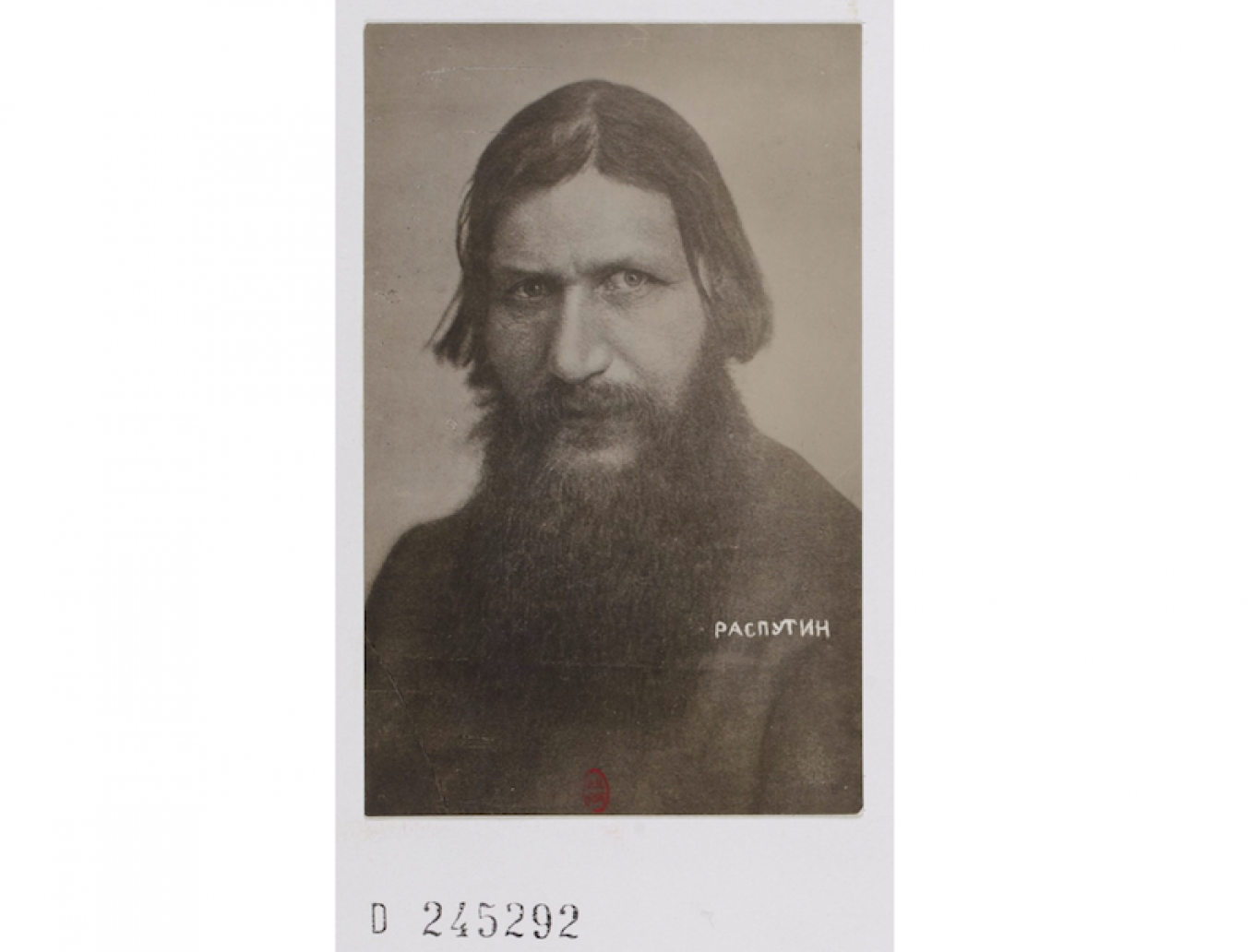
What an extraordinary creature old Prince Kurakin is!
With his bowed frame, bald head, hook nose, pallid complexion, piercing and haggard eyes, hollow features, halting, sepulchral voice and sinister expression, he is the typical spiritualist.
At Count Witte's funeral two years ago, he was seen gazing fixedly for several minutes at the dead man's haughty features (the coffin being open in accordance with orthodox rites). Then the sepulchral voice was heard "We'll compel you to come to us to-night!
5. The
popular journalist Leon Trotsky was deported from Europe for anti-war
propaganda. The Spanish government gave him a single ticket to NY, where
Trotsky continues to work energetically. He champions socialism, peace
and racial equality.
We
rented an apartment in a workers’ district, and furnished it on the
instalment plan. That apartment, at eighteen dollars a month, was
equipped with all sorts of conveniences that we Europeans were quite
unused to: electric lights, gas cooking- range, bath, telephone,
automatic service-elevator, and even a chute for the garbage. These
things completely won the boys over to New York.
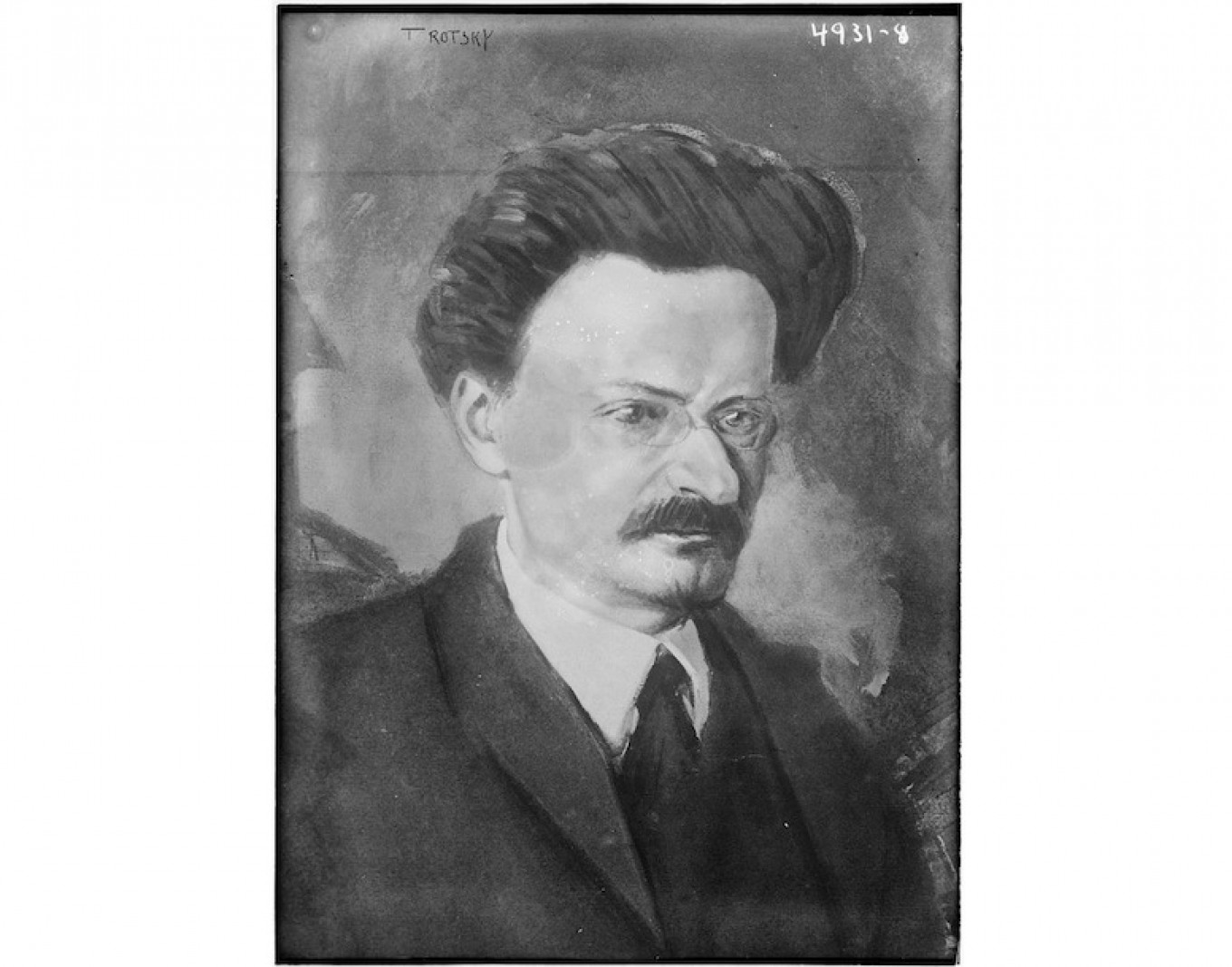
For a time the
telephone was their main interest; we had not had this mysterious
instrument either in Vienna or Paris. The janitor of the house was a Negro. My wife paid him three months’ rent in advance, but he gave her
no receipt because the landlord had taken the receipt-book away the day
before, to verify the accounts. When we moved into the house two days
later, we discovered that the Negro had absconded with the rent of
several of the tenants. Besides the money, we had entrusted to him the
storage of some of our belongings.
The whole incident upset us; it was
such a bad beginning. But we found our property after all, and when we
opened the wooden box that contained our crockery, we were surprised to
find our money hidden away in it, carefully wrapped up in paper. The
janitor had taken the money of the tenants who had already received
their receipts; he did not mind robbing the landlord, but he was
considerate enough not to rob the tenants. A delicate fellow, indeed.
My wife and I were deeply touched by his consideration, and we always think of him gratefully. This little incident took on a symptomatic significance for me – it seemed as if a corner of the veil that concealed the “black” problem in the United States had lifted.
A Message from The Moscow Times:
Dear readers,
We are facing unprecedented challenges. Russia's Prosecutor General's Office has designated The Moscow Times as an "undesirable" organization, criminalizing our work and putting our staff at risk of prosecution. This follows our earlier unjust labeling as a "foreign agent."
These actions are direct attempts to silence independent journalism in Russia. The authorities claim our work "discredits the decisions of the Russian leadership." We see things differently: we strive to provide accurate, unbiased reporting on Russia.
We, the journalists of The Moscow Times, refuse to be silenced. But to continue our work, we need your help.
Your support, no matter how small, makes a world of difference. If you can, please support us monthly starting from just $2. It's quick to set up, and every contribution makes a significant impact.
By supporting The Moscow Times, you're defending open, independent journalism in the face of repression. Thank you for standing with us.
Remind me later.


